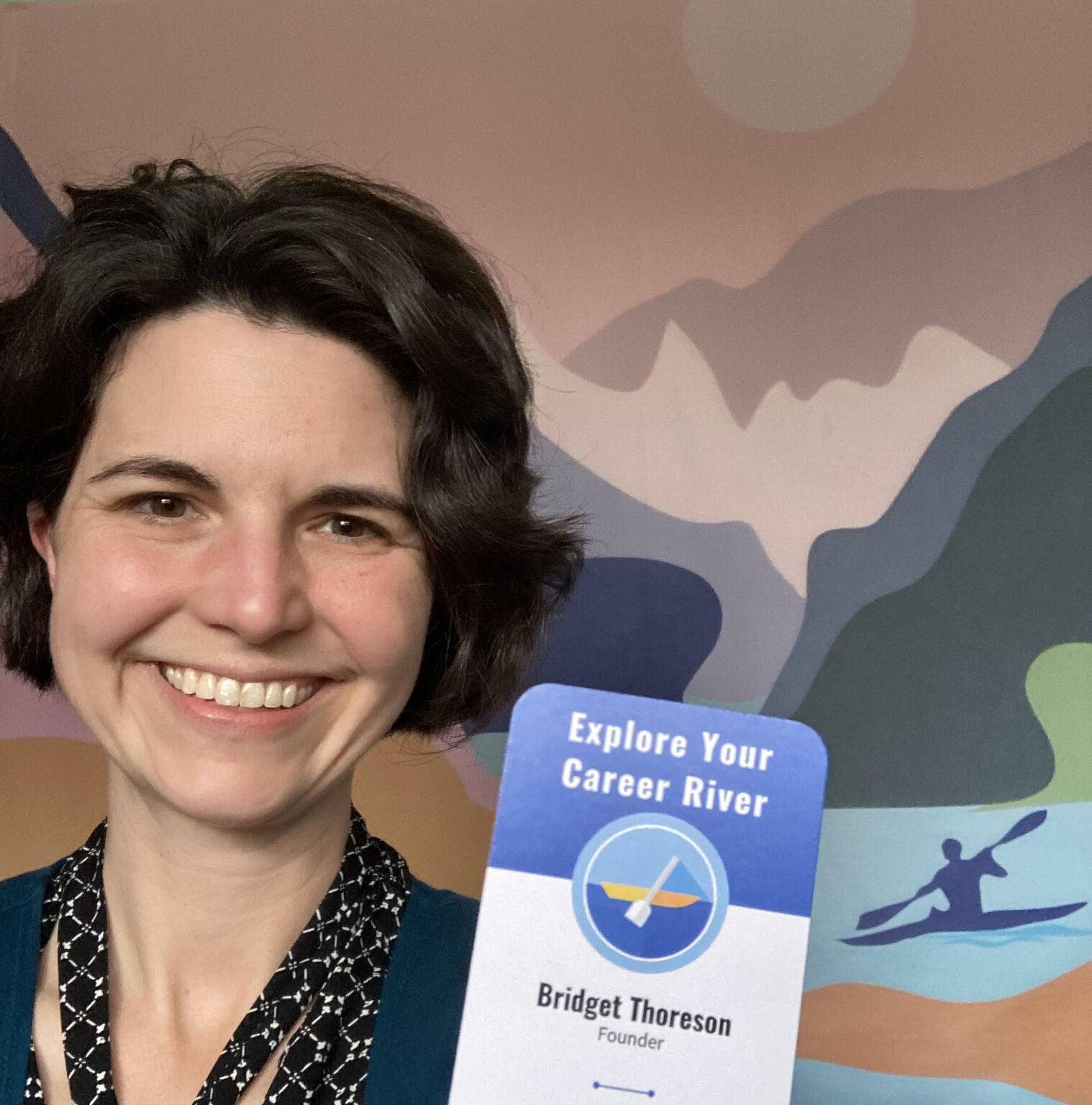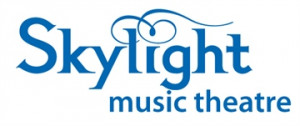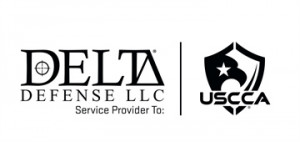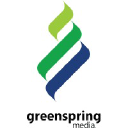
Bridget Thoreson is a journalist and the creator of Explore Your Career River, a framework for today’s working world that flips the outdated approach of the career ladder on its head by asking: what if our professional lives aren’t about following a predetermined path, but exploring what’s possible? You can claim a free 30-day trial of the newsletter, including an invitation to an upcoming Q&A with Bridget, here.
What gap in traditional career advice inspired you to create the Career River framework and metaphor?
I entered journalism just when newspaper jobs were falling off a cliff. My college adviser actually told me not to go into journalism, but to go to law school instead. And while he was right that newsrooms were shedding jobs, he didn’t see that there was an entire new landscape for people with journalism skills.
By the time I started Career River, it was really out of a mix of frustration and curiosity. By that time I’d been employed in journalism for 17 years (despite my adviser’s warning). I was at a point where I wasn’t sure where to go next that would align with my interests, and I wanted to find out what would happen if I approached my next job search as an exploration. There was a big gap between what I’d been taught — that there was a linear model of progress to pursue — and my actual experience of emergent possibilities, along with unexpected changes. The Career River idea started when I was explaining my career approach to a group of college students as a river delta, a fertile area with many possible routes to explore, and I’ve been researching and reporting on this idea ever since.
What has motivated you from your first newsroom assignment to launching Career River, and how did each stop along the way sharpen the skills you use?
I can actually trace my motivation back all the way to standing with my ear pressed to the basement door as a four-year-old. My mom, also a journalist, was working on a book. She would escape to the basement to listen back to her interviews. As I stood there, I remember thinking, “There’s a job where you get to listen to people’s stories? I love stories!”
When I started at the newsroom, I got to pair that love of stories with seeing how sharing those stories could make a difference in people’s lives. I’ve written about the tornado coverage that introduced me to engagement journalism, and I’ve been exploring how connecting people to information can make an impact ever since. My work hasn’t been platform-specific — I’ve worked in print, digital and with broadcast platforms — but each role allowed me to develop new skills that I’ve incorporated into my work moving forward.
One of the stops that sharpened my skills the most was leaving the newsroom to work in audience development for a magazine publisher. While I was there, I got a master’s in marketing because I wanted to better understand how brands used data to build relationships with their customers. Pairing an analytical approach with the storytelling I loved allowed me to become a consultant, ultimately working worth more than 145 newsrooms. I didn’t necessarily have that path in mind, but was following my interests to find new opportunities. Come to think of it, every job I’ve had since then was a newly created role. Now with Career River, I’ve talked one-on-one with 110 professionals (and counting) about their career journeys. I still love hearing people’s stories, and I love sharing what I’ve learned to help people navigate their careers confidently.
During your years in journalism and audience-growth roles, what accomplishments or turning points signaled that it was time to level up or change direction?
It’s an interesting question, because in my experience others looked at my accomplishments and said it was time for me to level up, but I changed direction when I felt the need for something different or new. At the newspaper, I was promoted several times once I had demonstrated the necessary skills. I decided to leave when it felt like the job was taking more out of me than it was giving me back. That’s usually the equation that signals to me it’s time for a change: am I getting enough out of this compared to what I’m putting into it? That could mean salary, but it could also include flexibility, the chance to build skills or learn something new, and the satisfaction I feel from the work.
Which mentors, managers or peer networks had the greatest influence on your professional development, and what did you learn from them that still guides you today?
My first boss mentored me through becoming a manager for the first time, and he’s still one of my trusted advisers today. He taught me about servant leadership, and introduced me to engagement journalism, putting me on the course for both the type of work I wanted to pursue and how I wanted to show up as a manager and leader. I’ve also found lots of community and support through OpenNews, which puts on an excellent conference called SRCCON each year and focuses on “platypus roles” (lots of different animals in one).
You’ve led projects in both legacy and nonprofit newsrooms; how did those environments shape your next steps in your career?
I’ve come to view the differences between legacy newsrooms and smaller nonprofits as a tradeoff teeter-totter – legacy and larger outlets may have more resources, but move more slowly, while the smaller outlets can be more nimble and experiment and iterate quickly. I’ll never forget the newsroom manager who told me in my first weeks as an engagement consultant, “We tried audience engagement. It didn’t work, so we won’t do it again.” Like a dagger to my heart! I’ve come to appreciate that no matter the type or size of outlet, finding people committed to trying new things and applying what they learn is the best way to make progress. For me, it’s never been about finding companies that look impressive on my resume, but the places that will allow me to do meaningful work.
During your Career River chats, what are the most frequently asked questions that you hear?
Everyone wants to know if anybody else has struggled with next steps. And the answer is yes, absolutely. And then people are curious about how they can bridge the gap between where they currently are in their careers and where they would like to be. This is where I’ve found the concept of the river delta very valuable. When we view next steps as emergent opportunities within a larger ecosystem, and recognize that there isn’t necessarily only one “right” move to make, then it’s easier to get unstuck and move forward.
Big Shoes readers often juggle various roles in communications that are constantly changing. What unique challenges do professionals in these fields face, and what advice do you have for those in these rapidly evolving fields?
In any rapidly-evolving field, burnout is a huge issue. I’ve spoken with many people who have learned to read the signs that they’re heading toward burnout, and considered how they can avoid falling back into burnout after recovering. At its heart this issue comes back to the value in, value out equation – if your job is sucking the life force out of you, it may be time to reevaluate what you should be doing.
Which emerging trends in hiring, skills, or workplace culture are you watching most closely right now, and how should job seekers prepare to ride those currents rather than fight them?
AI, AI, AI. In many ways I feel that the digital disruption that decimated the news industry when I was joining the field was just a tremor compared to the earthquake that artificial intelligence will be across industries. This is why it’s essential to have a concrete framework to evaluate where the “currents” are (what helps you find flow in your work), the larger environment you’re operating in (what skills will come into demand in the next several years, and how can you stand out in the marketplace), and understanding how your view of progress may shift over time. I’ve developed an exercise to Map Your Career River to get you started.
Looking ahead, how do you plan to evolve or take the next turn in your own career river?
I’m working on a book proposal! Which is something I didn’t necessarily expect to do, but I’ve seen how valuable people find this concept. This work gets to the heart of what drew me to journalism in the first place, and if a book can help just one person navigate their career with confidence, it’ll all be worth it.
Anything else to add?
I’d welcome anyone interested in the Career River concept to follow my newsletter (and if any literary agents are out there reading, please connect with me!).














